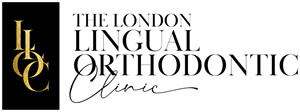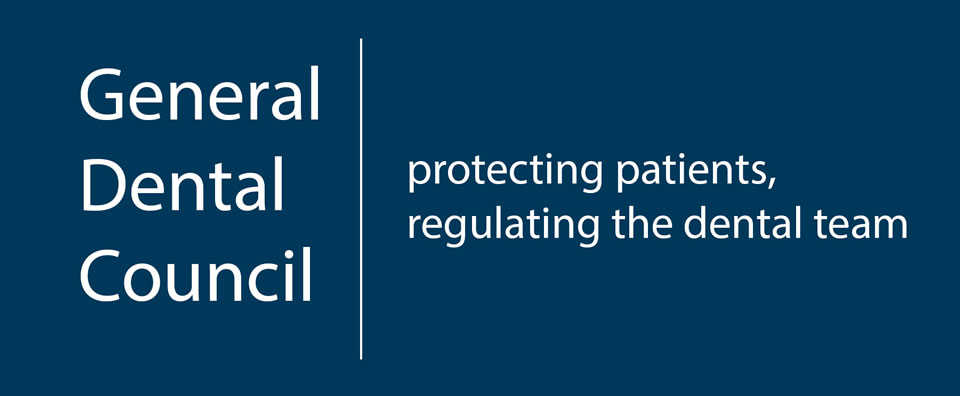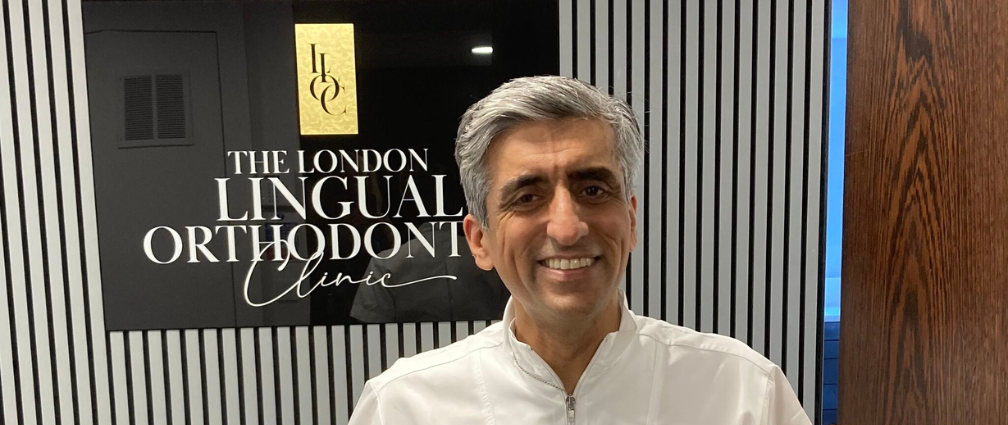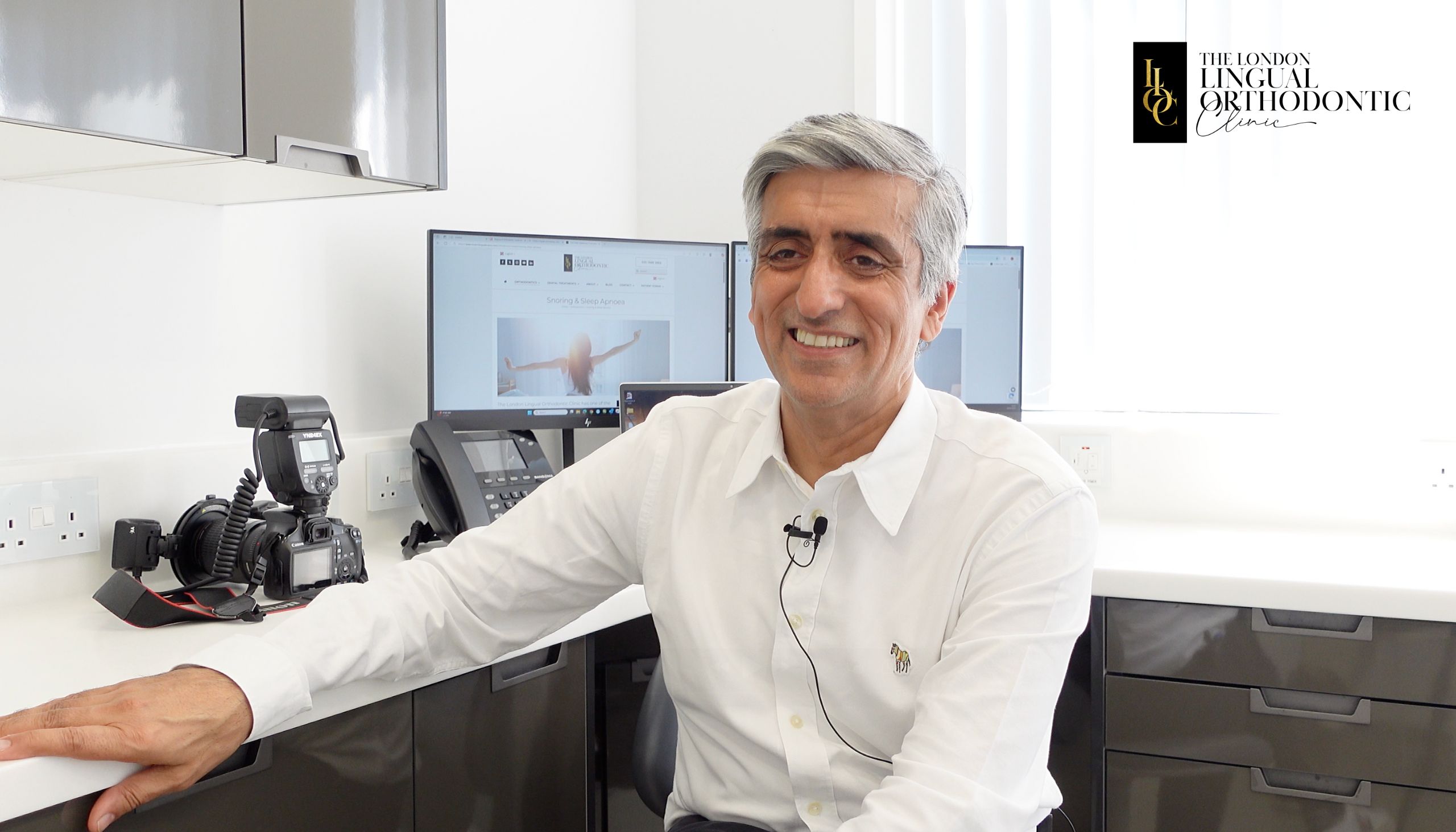That two healthcare regulators – the General Dental Council and the Care Quality Commission – should impose a duty of candour on dentists might seem excessive. But when you consider that all of healthcare’s regulatory bodies are responding to the scandal of the Mid-Staffordshire NHS Foundation Trust, it’s perhaps understandable.
Failings of Mid-Staffordshire Trust
There were many failings within the trust’s two hospitals between 2005 and 2008. Intervention might have been possible earlier if both the patients and the staff who raised concerns had been listened to. But they weren’t.
The need for transparency and openness pervaded the report by Sir Robert Francis published in 2013. In particular, the new onus on duty of candour. In order to explain the difference between the new duties we must adhere to, I will try and summarise a talk at a dento-legal study day organised by Dental Protection this month.
GDC Duty of Candour
The General Dental Council’s Professional duty of candour is the most recent of the two, issued as part of new guidance by the GDC in July of this year. Essentially, it’s all embracing and the threshold is low. In their words: Every healthcare professional must be open and honest with patients when something goes wrong with their treatment or care which causes, or has the potential to cause, harm or distress.
This applies to all dentists and all dental care professionals. It appears to encompass any incident including, in effect, a near miss.What you must do is:
a. Tell the patient when something has gone wrong
b. Apologise
c. Offer a remedy, or support, to put things right
d. Explain to the patient the short and long-term effects of what has happened.
Openness and honesty underpins all aspects of the guidance and so you must demonstrate a willingness to take part in reviews and investigations when requested, be open and honest with your regulator and not stop someone from raising concerns.
CQC Duty of Candour
While the GDC’s new duty is a professional one, the Care Quality Commission has created a statutory duty of candour. It applies to health service bodies and registered persons – this includes practice-owners – and it’s our job to instil a culture of candour in our practices at all levels.
The GDC’s duty of candour, is specified as relating to “any unintended or unexpected incident†and the near miss is excluded. The threshold is higher and the responsibilities are more complex.
In both cases, an apology is mandatory. Clearly the Francis report required a robust response from health regulators but given that a lot of dentistry happens in small practices with small teams, I wonder whether we need two differing duties of candour. I like to think that most of us respond ethically and appropriately anyway.














